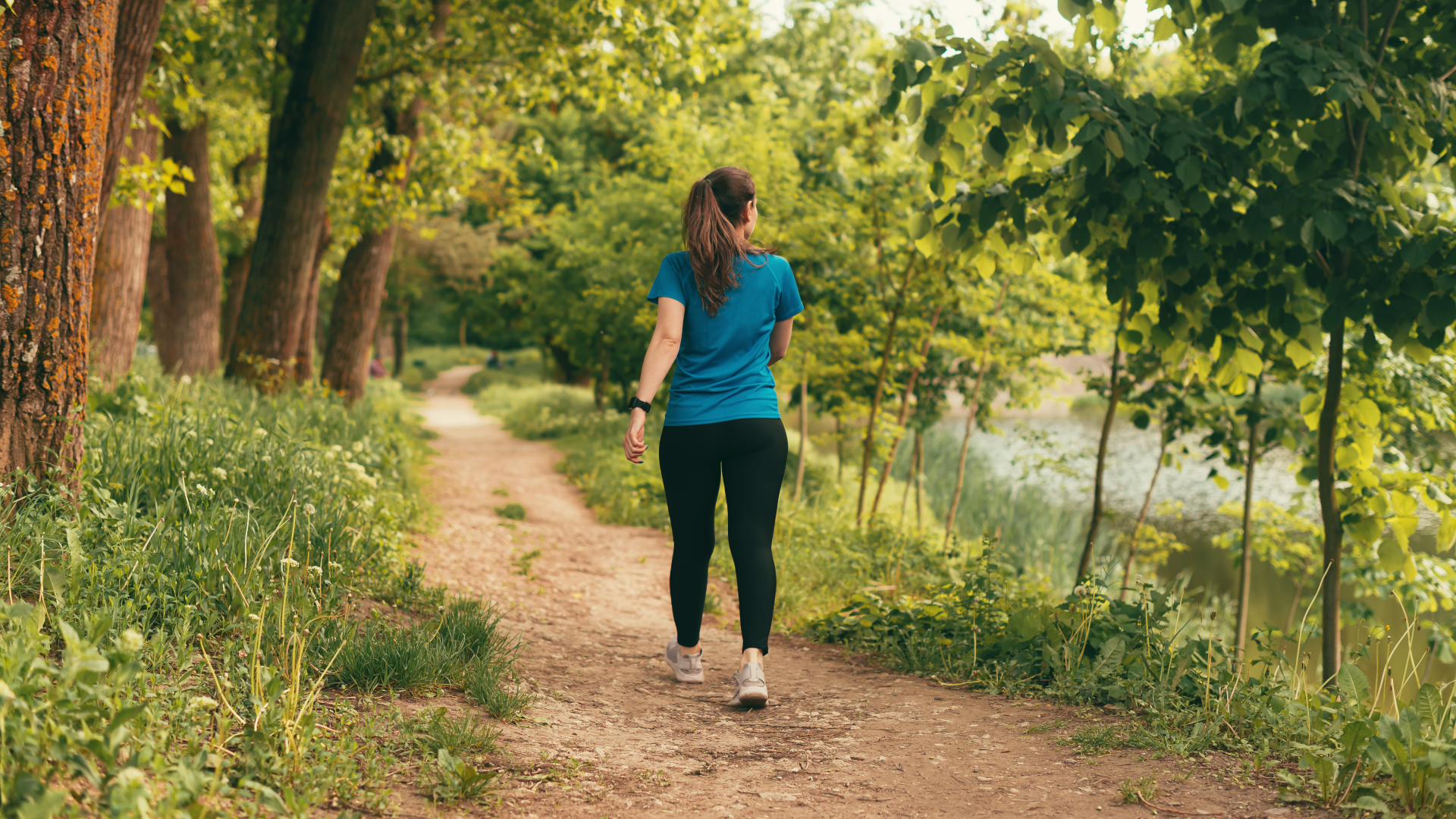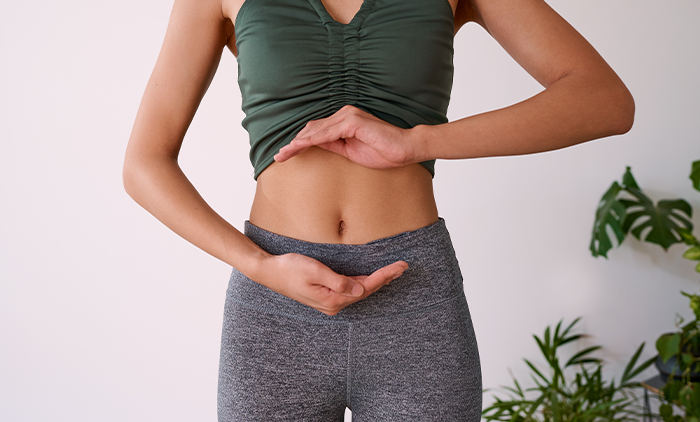Grab your cheat sheet |
This is a man’s world—or is it?
The professional sporting world would certainly suggest so.
You probably know that women are underrepresented in professional sports compared to men. But did you know that only 16.4% of professional athletes are female, while a huge 83.6% are male?
And that’s not all, a report by the Women's Sports Foundation discovered that women's sports receive only 4% of total sports media coverage, and only 0.4% of total sports media coverage is dedicated to women's sports alone.
This disparity in media coverage means a gender gap in sports sponsorship and endorsements, limiting opportunities for women to earn a living through sports—rendering them professionally penalized just for being female.
There’s no doubt.
The gender disparity in professional sports participation is clear. But this isn’t just where the disparity lies. Think wage gaps, lack of representation in positions of leadership, gender-based violence, access to education, human rights and more.
It’s 2024, yet gender equality globally remains one of the world’s greatest human rights challenges.
But this is where International Women’s Day comes in.
Amid these challenges, a powerful movement is emerging. From encouraging more young girls to play sports to speaking out against sexist reporting, women all over the world are working together to change things in sport. And we’re here for it.
Here, we’re going to talk about International Women’s Day. what it means, its mission and why it is important.
We’re going to celebrate and commemorate the strong and fearless women that have changed the world and been part of making IWD the movement that it is.
Because after all, IWD isn't just about women’s rights. It’s about human rights.
What is International Women’s Day (IWD)?
International Women's Day (IWD) is a global day of activism and celebration that takes place annually on March 8th. It’s not specific to any country, group, or organization.
IWD encourages individuals, organizations, and groups worldwide to take action to advance women's inclusion and accelerate progress in gender equality.
This is made possible in various ways like promoting women's economic empowerment, supporting their leadership and talents, ensuring access to quality education, addressing health disparities, and elevating their participation and achievements in areas like sports, arts, and STEM.
“It's a day of collective global activism and celebration that belongs to all those committed to forging women's equality. “ IWD
Participation in IWD is open to everyone, and all activities that contribute to the advancement of women and girls are valid.
By sharing #InspireInclusion images and statements on social media and engaging in activities relevant to their own context, individuals and groups are leading efforts to forge positive change for women and girls.
From its very beginning, IWD has been a catalyst for change, transcending geographical boundaries and bringing together individuals and communities in a shared mission to advance gender equality.
The history of International Women’s Day
International Women's Day (IWD) has a really rich and impactful history that spans over a century.
It originated as National Women's Day on February 28, 1909, and later evolved into an international observance celebrated on March 8.
The first International Women's Day was marked in 1911, advocating for women's rights—including suffrage and better working conditions.
Since then, IWD has become a global platform to champion gender equality, celebrate women's achievements, and highlight the ongoing struggle for women's empowerment.
Throughout its history, IWD has been fueled by the tireless efforts and bravery of countless women (and men) who refuse to accept inequality.
World-renowned feminist, journalist, and activist, Gloria Steinem, captured the essence of this movement when she said:
"The story of women's struggle for equality belongs to no single feminist nor any one organization but to the collective efforts of all who care about human rights."
Because it's not just a “women project”, it’s a “human project”.
But why is March 8 International Women's Day?
This specific date was chosen to commemorate a series of protests and strikes organized by women garment workers in New York City in 1908, who were fighting for better working conditions and voting rights.
The mission of International Women’s Day
The mission of IWD is to celebrate the social, economic, cultural, and political achievements of women while advocating for the acceleration of women's equality.
What is the theme for International Women’s Day 2024?
The theme for International Women's Day 2024 is 'Inspire Inclusion'.
Why?
Well, because this theme emphasizes the importance of understanding, valuing, and seeking out the inclusion of women and girls.
It calls for embracing their diversity in terms of race, age, ability, faith, body image, and identity. Inspiring inclusion means actively involving women in all fields, providing equal opportunities, and gender equality.
If you’re interested to read more about the theme, you can right here on the official International Women’s Day website.
5 Facts about gender inequality across the world
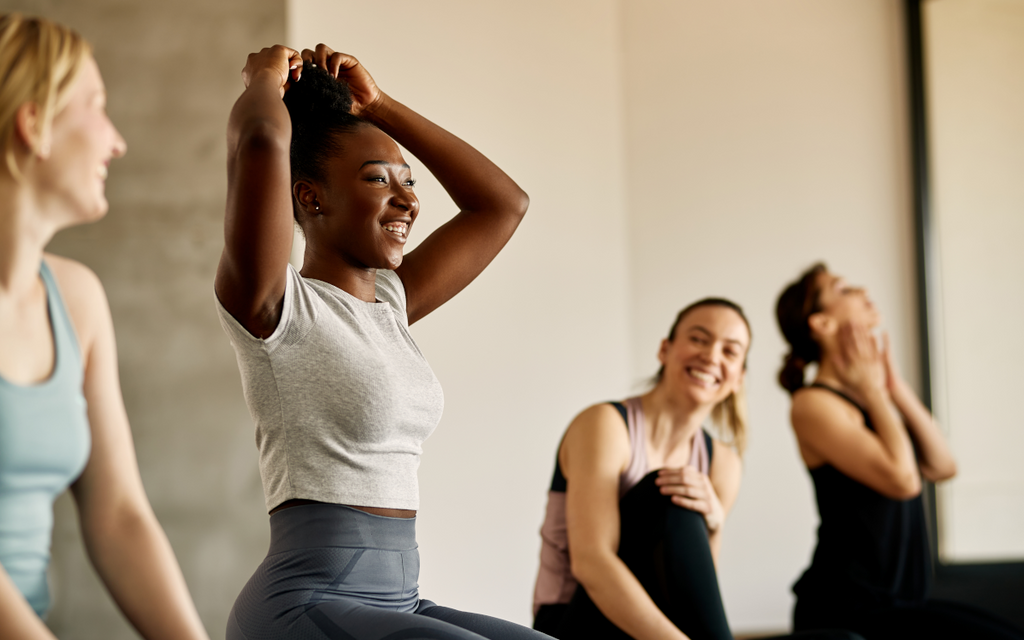
Here are some lesser-known facts about gender inequality, spanning recognition and awards, the entertainment industry, workforce opportunities, poverty, and education.
- Up until today, 19 women have been awarded the Nobel Peace Prize, compared to 92 men.
- In the United States, women accounted for approximately 14.6% of all movie directors in 2022.
- A study by the World Bank revealed that no country provides women with the same opportunities as men in the workforce — and this isn’t limited to developing countries, it includes even the wealthiest economies.
- Globally, women are more likely to live in poverty than men. In fact, according to the World Bank, women are 14.2% more likely to live in poverty and this gap can be even wider in some countries.
- Globally, 130 million girls are not in school, particularly in low-income countries. They are more likely to be excluded from education than boys due to poverty, early marriage, and cultural beliefs.
What changes can happen?
In the current economic system, persistent gender inequality undermines women's rights by perpetuating disparities in wages, access to opportunities, and representation in decision-making roles, hindering progress towards true gender equality.
But brilliant minds have come up with solutions to practically suggest gender equality measures to accelerate progress for women across the world.
Here they are…
- Advocating for equal pay. Pushing for equal pay for equal work and addressing the gender pay gap.
- Gender-responsive financing and budgeting. Financial decisions consider the unique needs of different genders, while gender-responsive budgeting analyzes budgets through a gender lens, to allocate resources that address women's specific challenges.
- Supporting women's education. Ensuring that girls and women have equal access to quality education and vocational training.
- Empowering women in leadership. Promoting women's representation in leadership positions in business, government, and organizations.
- Combating gender-based violence. Taking a stand against all forms of violence and discrimination against women and girls.
- Supporting women's economic empowerment. Providing support for women entrepreneurs, and creating opportunities for women to thrive in the workforce.
- Challenging gender norms and stereotypes. Encouraging a culture that respects and values diversity in gender identities and expressions.
- Engaging men and boys. Involving men and boys in conversations and actions to address gender inequalities and promote gender equity. Because influential people in the movement don’t need to just be women.
In terms of sport specifically, there are more nuanced ways to promote gender equality and diversity.
IWD encourages the promotion of gender equality and diversity within the realm of sports and here’s what they believe in:
Addressing gender stereotypes
IWD initiatives in the sport industry aim to challenge gender stereotypes and promote inclusivity. Efforts are made to dismantle barriers and biases that limit women's participation and recognition in sports.
Advocating for equal financial rewards and recognition
IWD activities center around advocating for equal financial rewards and recognition for female athletes. This aims to bridge the pay gap and provide recognition opportunities for women in sports.
Fighting against abuse and harassment
IWD serves as a platform to address abuse scandals and work towards creating safe sporting environments. Issues like harassment, gender-based violence and discrimination in sports are addressed.
Who are the 5 women who changed sport?
Instead of accepting the status quo, these five influential women have paved the way for a more inclusive and equal sporting world.
They have told generations to come that you can compete at elite level and represent women all over the world to create a future where sports truly knows no boundaries. And not because they won a medal. They won the right to compete.
Here are the five game-changing females you should know about.
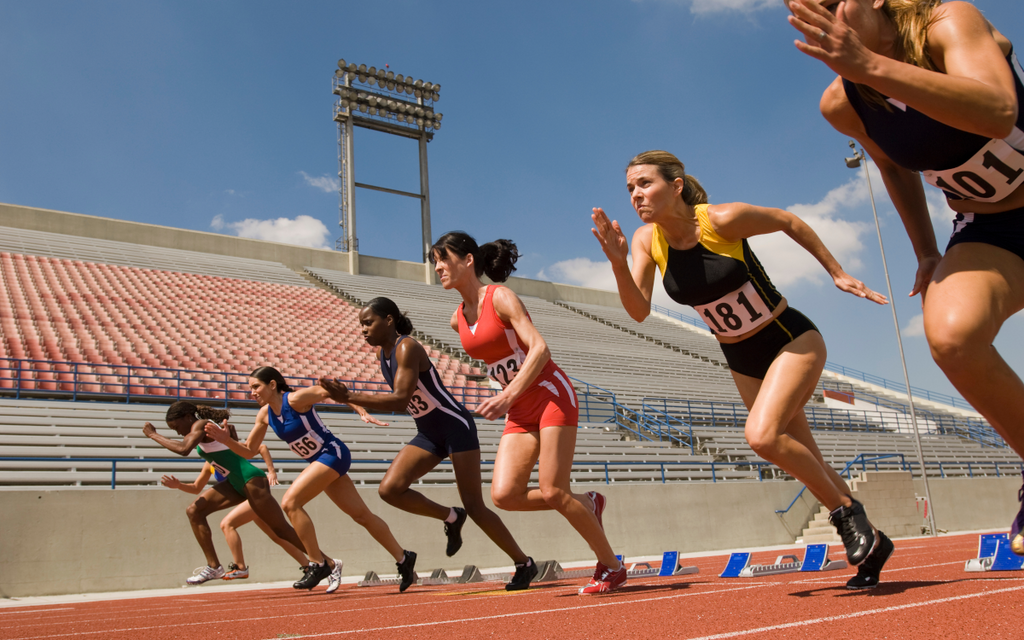
1. Sarah Attar
“For women in Saudi Arabia, I think this can really spark something to get more involved in sports.” – Sarah Attar
An American-born track and field athlete, Sarah Attar became one of the first women ever to represent Saudi Arabia at the Olympics.
Attar has been fiercely inspiring to other women in the strongly-conservative Saudi Arabia, where women still can’t travel, drive or open a bank account.
Attar grew up in America and spent little time in Saudi Arabia. When she did visit the Arab state, she would dress up as a man to go out running, always accompanied by her father. In recent years, several women’s gyms have opened in Saudi Arabia, but women’s fitness is still a foreign concept for much of the country.
Although she finished last in the women’s 800m in the 2012 Olympics, Attar insists that her finishing time wasn’t the point.
Under growing International pressure, 2012 marked the first year Saudi Arabia entered female athletes in the Olympics—and Attar was happy to have the chance to inspire other women.

2. Ester Ledecká
“There were so many of them who tell me this is not possible. And today, I proved it possible.” – Ester Ledecká
Ester Ledecká is a Czech snowboarder and alpine skier. Dubbed the snow queen of the 2018 Winter Olympics, Ledecká became the first woman ever to win two gold medals at the same Winter Olympics. She’s also the first person to win gold in both snowboarding and skiing.
Growing up in Prague, Ledecká knew from the age of five that she wanted to be an Olympic champion. She spent a lot of her time in the mountains in her formative years, ditching her figure skating lessons to go skiing and snowboarding with her brother.
Despite being constantly told to focus on one sport, to throw her heart and soul into snowboarding, Ledecká never listened. She knew she could do both.
Even her coach had doubts about her pursuing two sports. After many arguments trying to convince her to focus on snowboarding, he finally gave in.
He could see Ledecká’s incredible passion for the two sports, and he didn’t want to change that. Describing Ledecká after her win, he said: “I firmly believe she’s one of the greatest living athletes.”
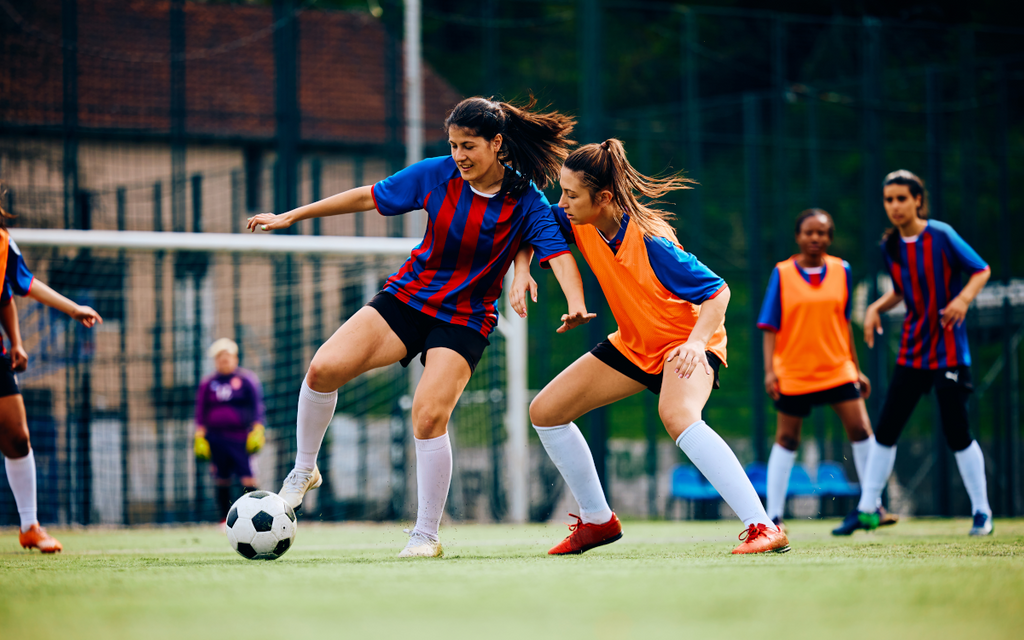
3. Eniola Aluko
“What sport does is give you those experiences… those real-life lessons that make you bulletproof.” – Eniola Aluko
Nigerian-born Eniola Aluko isn’t just a fantastic footballer. She’s also a qualified lawyer, and spent about nine hours a day studying for her degree before spending another few hours training on the pitch.
After moving to England with her family when she was a child, Aluko would spend her afternoons playing football with local boys. She quickly realized she was better than them, and went on to play for the England under-17s team. She’s since remained loyal to the England team, competing in several World Cups and the 2012 London Olympics.
She was also signed to Chelsea Ladies in 2012. Back then, being a professional women’s footballer wasn’t an option in Britain.
It wasn’t until 2014 that Aluko was able to give up law and play football full-time. Whilst she’s happy with this step forward for women, Aluko knows there’s still a long way to go for women’s football.
Recently, Aluko’s found herself at the center of the FA racism row, after she spoke out against bullying and discrimination from sacked England women’s boss Mark Sampson. Despite pressure from teammates, along with a call for her pay to be withheld unless she said that the FA was not ‘institutionally racist’, Aluko stood her ground.
She’s also been a vocal advocate of equal pay for women footballers, citing the pay gap for female soccer players in America as “embarrassing”.
With her background in law and passion for the sport, Aluko is ready to help other women launch their football careers. Legend.

4. Seun Adigun, Ngozi Onwumere & Akuoma Omeoga
“Representation matters. We’re showing people that anyone can do anything.”– Akuoma Omeoga
Each of these women is an inspiration in their own right, but as a team, they’ve made history. In the 2018 Winter Olympics, Seun Adigun, Ngozi Onwumere and Akuoma Omeoga became the first bobsled team to represent an African country.
The three women all grew up in the US with their Nigerian parents. Adigun fell in love with the Olympics, competing as a track and field star before joining the US bobsled team.
About a year after joining the team, Adigun realized that Africa had never been represented in bobsled at the Winter Olympics. That’s when she enlisted Onwumere and Omeoga to help her.
With Adigun as the captain, the three women became a team, and have since been hailed as an inspiration by other Nigerian women.
Although they didn’t win a medal this year, they’re ecstatic to have had the opportunity to shine a light on Nigeria.
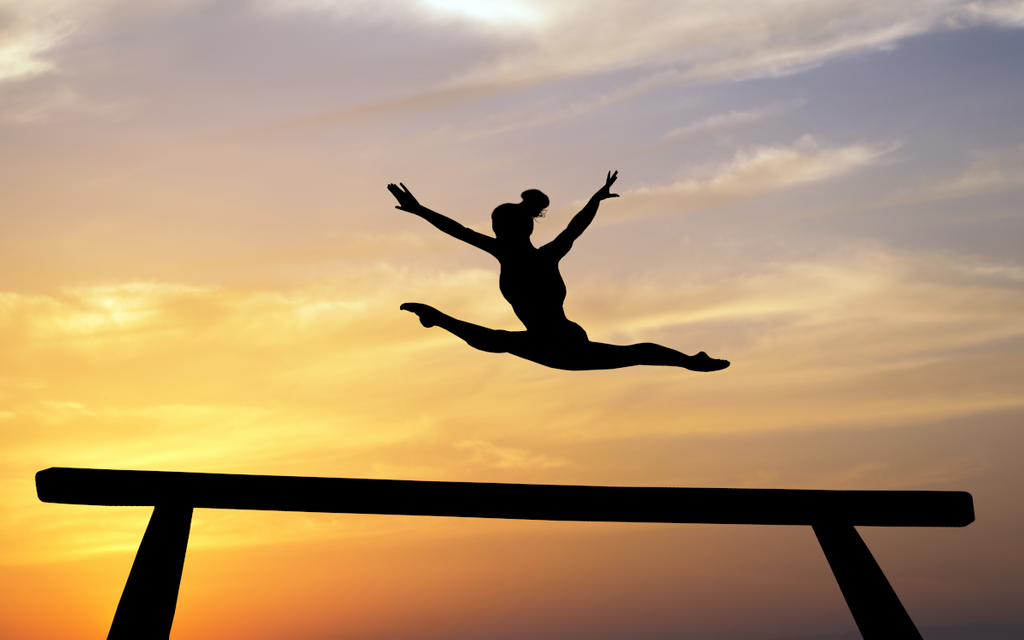
5. Simone Biles
“Believe in yourself and all that you are. Know that there is something inside you greater than any obstacle.” – Simone Biles
World-renowned American gymnast, Simone Biles has faced numerous challenges and struggles, including being a survivor of sexual abuse by former team doctor for USA Gymnastics, Larry Nassar.
Despite this traumatizing experience, Biles has shown incredible strength and resilience in overcoming the abuse. She has sought therapy, spoken openly about her experience, and used her platform to advocate for other survivors of abuse.
She has also gone on to become the most decorated gymnast in World Championship history and has won multiple Olympic gold medals. She is considered an icon not only for her incredible skills and athleticism but also for her resilience, mental toughness, and ability to overcome obstacles.
She has been a powerful advocate for mental health and has inspired countless individuals around the world.
Happy International Women’s Day on 8th March
So there you have just some of the inspirational women changing the world of sport. It isn’t by any means an exhaustive list (it’s the mere tip of the sporting iceberg)—and the change doesn’t stop here.
At Phenq we’re all about empowering women to be their best selves. Whether that means stronger, happier or feeling good a size down.
Join us on our mission to celebrate women all over the world as they shatter glass ceilings, embrace self-love and take on the world, one step at a time.
But IWM isn’t just about female athletes. It’s about everyday women. Mums, sisters, nieces, friends, young women and seniors. Every woman and every girl.
Women… this is our time to THRIVE
International Women’s Day is on 8 March 2024.
Share your #InspireInclusion images and statements on social media this week.

